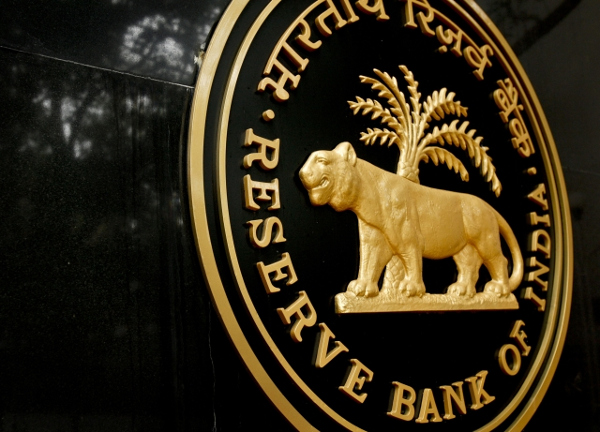With the Reserve Bank of India’s (RBI) extended deadline expired, there will be no automatic recurring payments for various services such as recharge and utility bills, as the additional factor of authentication (AFA) will become mandatory.
On December 4, the RBI issued a directive to all banks, including RRBs, NBFCs, and payment gateways, stating that the processing of recurring transactions (domestic or cross-border) using cards, Prepaid Payment Instruments (PPIs), or the Unified Payments Interface (UPI) under non-AFA arrangements/practices would be discontinued after March 31, 2021.
RBI announced this step is to improve the safety and security of card transactions as part of risk mitigation measures.
However, due to the lack of preparedness of some players, the RBI has extended the deadline for regular payments, including as utility bills, phone recharges, DTH, and OTT, till September 30.
Banks would be obliged to notify customers in advance of recurring payment due dates, and transactions will be carried out only after the consumer has given his or her consent. As a result, the transaction would not be automated, but rather would take place following the customer’s authentication.
According to the new standards, banks must offer consumers a one-time password for recurring payments over Rs. 5,000 (US$ 67.32).
The new restrictions have been communicated to most banks’ clients, including State Bank of India (SBI).
According to RBI rules on e-Mandate on cards, HDFC Bank will refuse non-compliant recurring transactions on your Credit/Debit Card at merchant online or app from October 1, 2021, according to a bulk message sent to consumers.
“Alternate Solution: Retry regular payment on Merchant Web/App authenticated via OTP or Pay via AutoPay in BillPay on our NetBanking for your Electricity/Water/Gas/Landline/Postpaid mobile/Broadband/Insurance billers,” the statement added.
The Reserve Bank of India (RBI) published a framework for processing e-mandates on recurring online transactions in August 2019.
The framework, which was initially limited to cards and wallets, was extended in January 2020 to include Unified Payments Interface (UPI) transactions.
The need of the AFA, according to the RBI, has made digital payments in India safe and secure, with the framework’s primary goal being to safeguard customers from fraudulent transactions while also improving user convenience.
The framework required the use of AFA during registration and the first transaction (with a relaxation for subsequent transactions up to a limit of Rs. 2,000 (US$ 26.93), which has since been increased to Rs. 5,000 (US$ 67.32)), as well as pre-transaction notification, the ability to withdraw the mandate, and other features to improve customer convenience and safety when using recurring online payments.
You may also like
-
Navigating India’s Skill Landscape
-
Trade Connect E-platform For Exports Is Single Window, Fast, Accessible And Transformational: Shri Piyush Goyal
-
India-us Working Together In Areas Like Critical Minerals, Supply Chains And Advanced Technologies: Shri Piyush Goyal
-
Cabinet Approves Health Coverage to All Senior Citizens of the Age 70 Years and Above Irrespective of Income
-
Cabinet Approves PM Electric Drive Revolution in Innovative Vehicle Enhancement (PM E-DRIVE) Scheme With An Outlay of ₹.10,900 Crore
